EU enlargement: grand rhetoric, reality, and geopolitical vicious circle Analysis by Preigerman
The EU proclaims its commitment to enlargement “like never before.” The driving force behind this is geopolitics. However, between the grandiose rhetoric of EU officials and reality lies an obvious populist chasm.
On November 4, the European Commission published a report titled the Enlargement Package. This is an annual review in which candidate countries for EU membership are assessed in terms of their progress in implementing reforms and other criteria necessary for future accession to the Union. In recent years, especially since the start of the Russian-Ukrainian war, the issue of enlargement has sharply risen on the EU agenda. The Enlargement Package even asserts that this topic is currently high on the European Union’s list of priorities and that the accession of new member states is no longer far off.
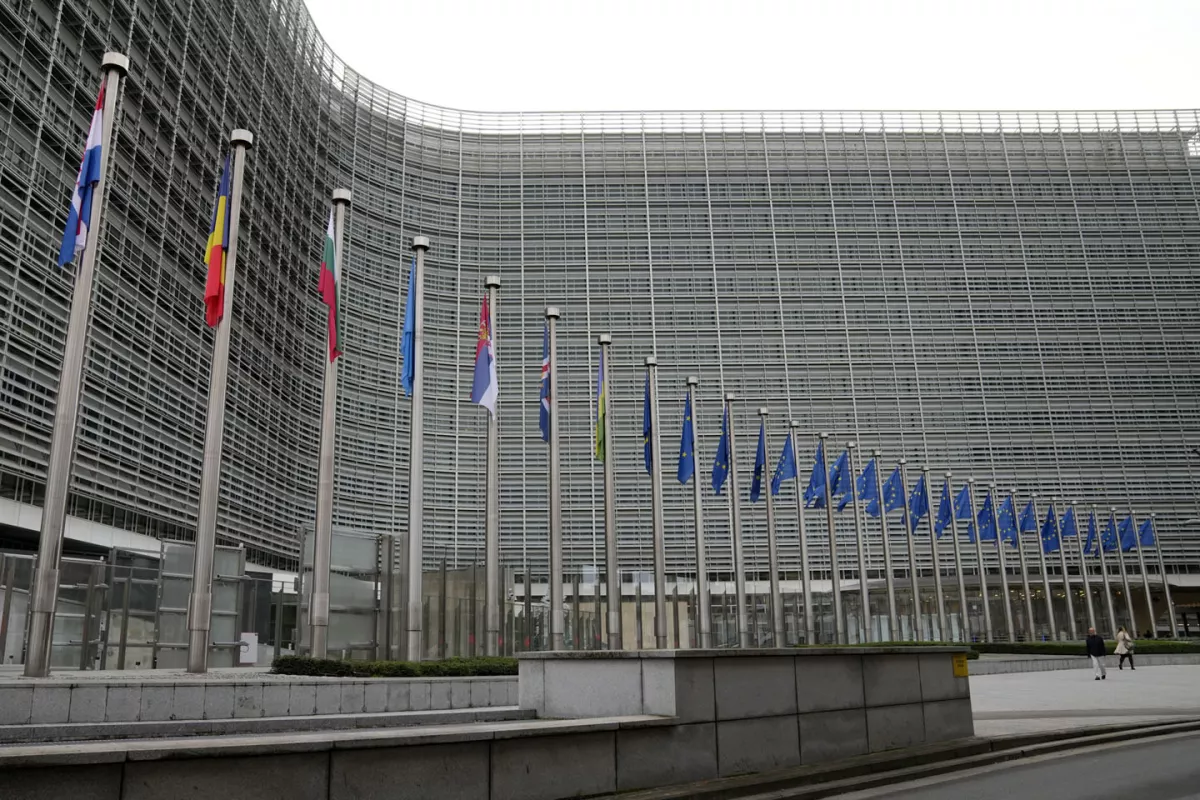
In reality, this priority is more rhetorical than genuine—at least when it comes to the loudest and most discussed case among all candidate countries: Ukraine. Alongside it, the entire geopolitical wave of enlargement, which Brussels officials now openly talk about, comes into play.
Front-runners
The report examines the progress (or lack thereof) in implementing reforms across all nine candidate countries, as well as Kosovo, which does not officially hold candidate status (and is not recognised by all EU members). It asserts that all these countries remain on a trajectory toward joining a united Europe. Interestingly, in the press release by the European Commission’s Directorate-General for Enlargement and the Eastern Neighbourhood summarising the report, the countries are not listed alphabetically. The order is as follows: Montenegro, Albania, Ukraine, Moldova, Serbia, North Macedonia, Bosnia and Herzegovina, Kosovo, Türkiye, and Georgia.
This order further indicates which candidates have demonstrated the most progress over the past 12 months. EU officials emphasise that, among the ten countries, the first four—Montenegro, Albania, Ukraine, and Moldova—stand out in particular. They have shown the fastest pace of reforms and also declare the most ambitious timelines for completing the entire accession negotiation process. Montenegro aims to finalise its negotiations by the end of next year, Albania by the end of 2027, and Moldova and Ukraine by the end of 2028.
However, numerous comments from EU officials suggest that the presented list of front-runners in the accession race reflects not only the actual progress of reforms and alignment with EU standards in these countries. To an even greater extent, it clearly mirrors Brussels’ political priorities and which candidate countries are considered the most appealing cases in local political and media circles.
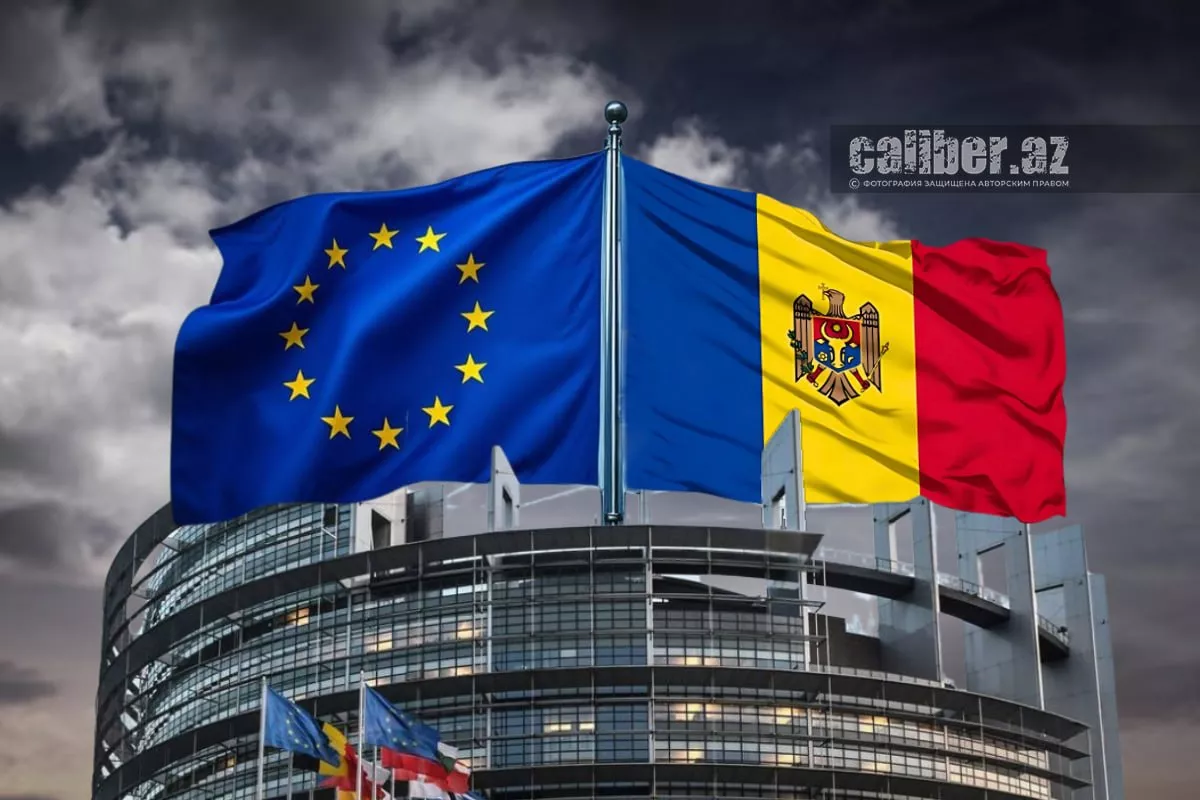
At least, that is the conclusion one is led to in Ukraine’s case. In the European Commission’s non-alphabetical list, Ukraine appears in third place, even ahead of Moldova—despite the fact that Chisinau received the highest praise from EU bureaucrats for making the “most significant progress” toward EU membership.
The very idea of reforming a country at war in line with EU standards and requirements is, of course, impressive. So too are the efforts of the Ukrainian government officials tasked with implementing these reforms. But if we set aside the public rhetoric of European and Ukrainian officials, can this idea be discussed with any real seriousness? Especially given the scale and depth of corruption for which Ukraine has long been notorious. This is not a critique of Ukraine itself. It is simply an obvious, surface-level question that underscores the sense that something is amiss with the official list of front-runners in the accession race. There is an unspoken element, a hidden agenda, or perhaps just cynical bureaucratic populism at play.
It seems that both EU institutions and member states are well aware of this. European Commissioner Marta Kos, responsible for enlargement policy in the current Commission, predictably highlighted the issues of corruption and the rule of law in Ukraine during the report’s presentation. Clearly, in the context of an ongoing war, Kyiv cannot realistically meet EU standards in these areas. This is impossible to ignore, even if many in Brussels still operate within a world shaped by triumphant liberalism and postmodern ideals.
Even more perceptive across the European Union is the understanding of what accession would mean, in some tangible sense, for the integration of such a large and problematic country as Ukraine. For example, in terms of security, considering the sheer volume of weapons in civilian hands and various organised crime challenges. In terms of raising Ukraine’s socio-economic level to that of the EU. Even more so in terms of integrating Ukraine’s agricultural sector into the single European market—a prospect whose mere serious discussion could end many political careers across the EU. Or, for instance, regarding the need to redistribute national quotas within Brussels’ executive institutions and the European Parliament. The list could go on indefinitely.
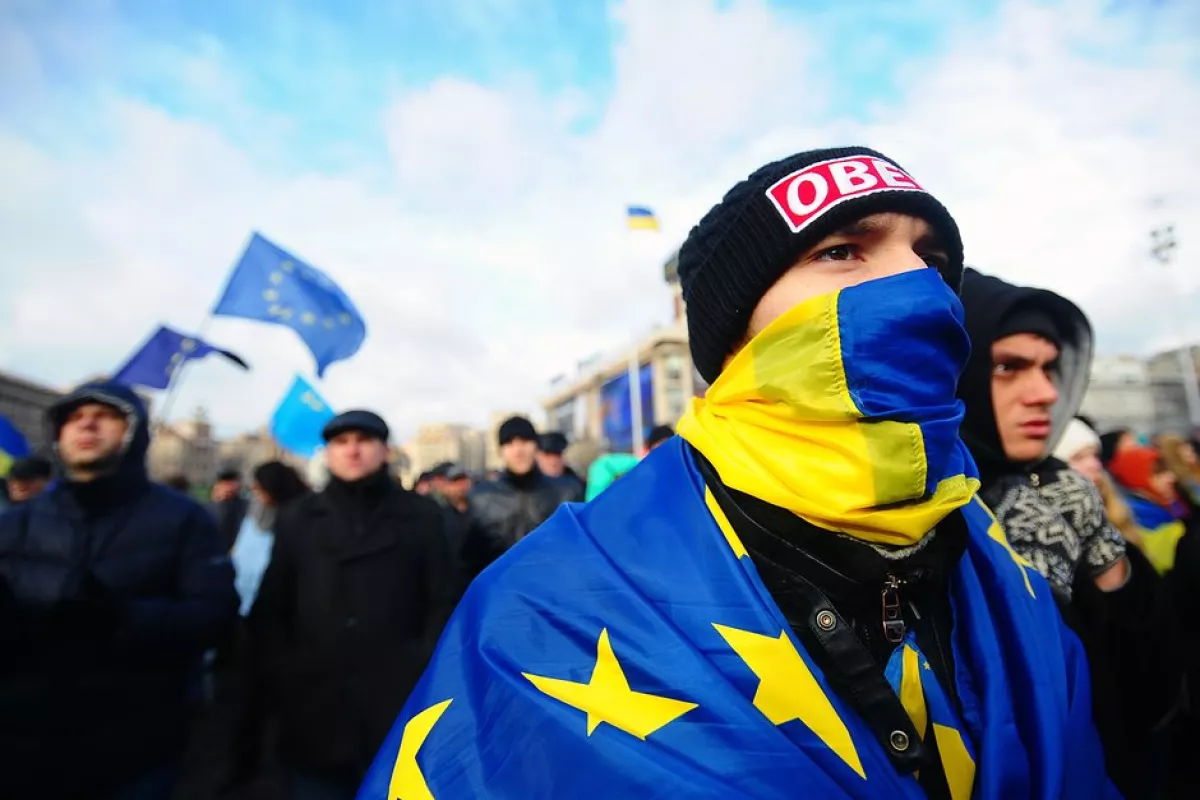
Therefore, unfortunately, the official statements and reports of the European Commission regarding Ukraine’s near-term accession to the Union are merely political theatre and rhetoric. Perhaps some EU officials sincerely believe that, by doing so, they provide a sense of positive hope and a stimulus for Ukrainian society to move in the direction of reforms. In reality, however, these games and rhetoric more likely reflect irresponsible political opportunism, expediency, and a lack of courage to present a realistic programme for Ukraine, instead of painting castles in the air.
In this context, it would be extremely interesting to observe Brussels officials and certain particularly vocal politicians in EU countries if the issue of Ukraine’s future accession to the Union became a real part of negotiations to end the war. For example, if the administration of Donald Trump at some point seriously insisted that a fast-track integration of Ukraine into the EU be included in a package of agreements to end hostilities between Russia and Ukraine.
A new verse in an old song
The fact that Brussels officials are increasingly approaching the issue of EU enlargement with a “practical and realistic” mindset is also reflected in other proposals coming from the European Commission. For instance, Brussels suggests including certain safeguard mechanisms in future accession agreements. These mechanisms are intended to ensure that, once they become EU members, states cannot backtrack on the commitments they agree to during accession negotiations.
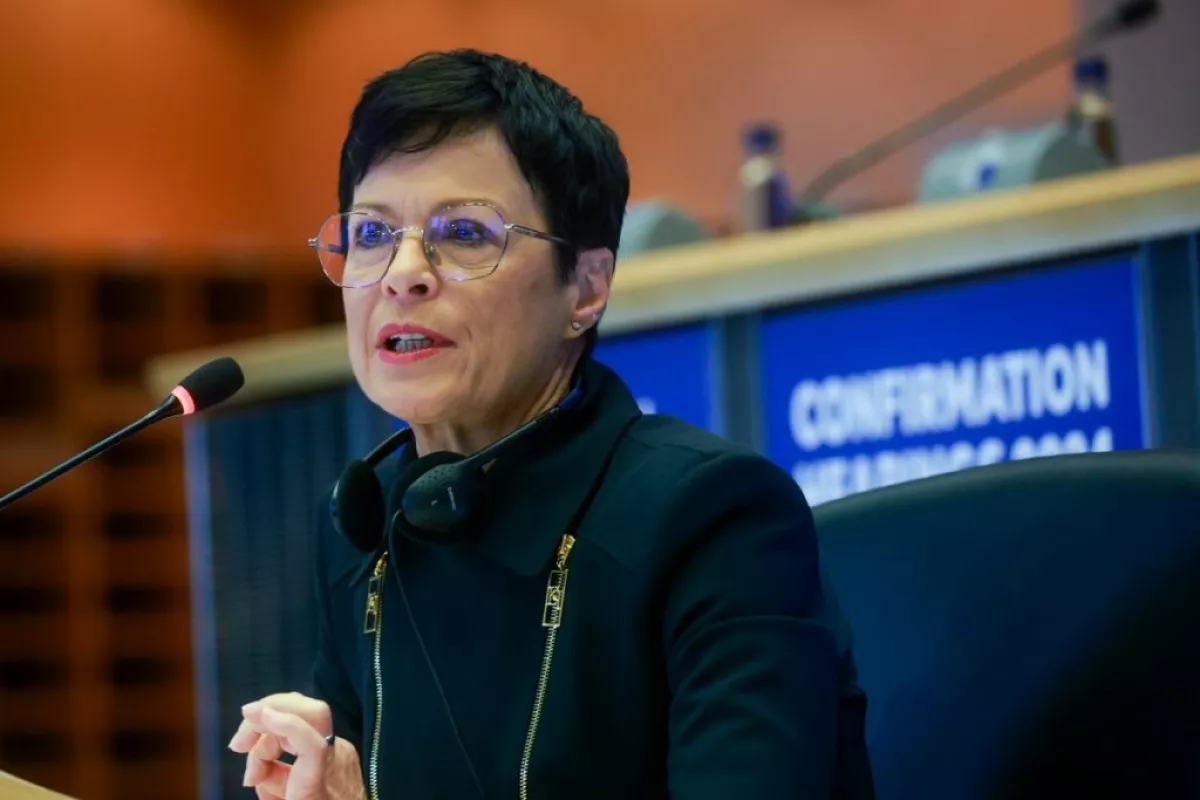
Expanding on this idea, European Commissioner Marta Kos even speaks about the need to introduce a “probationary period” for new members. According to her, discussions on such a mechanism are still at an early stage. But the overall intent is clear: to avoid uncontrollable processes and minimise risks to the internal stability of the EU resulting from high-profile, politically motivated decisions to admit new states.
Such proposals, of course, are unlikely to excite candidate countries. If implemented, they would effectively create a hierarchy within the European Union, dividing it into primary and secondary members: those enjoying the full spectrum of integration rights and privileges, and those for whom such benefits would only be dangling as an incentive. Even if this, for now hypothetical, mechanism were to have temporary limitations.
It is therefore natural that the leaders of candidate countries have reacted to these ideas with pronounced negativity. In truth, however, their opinions hardly matter. Decisions on whether to approve new members—and under what conditions—will be made by the existing EU states. And they will act based on the full spectrum of their own interests, making the likelihood of a new large wave of EU enlargement extremely low in any tangible timeframe.
In this sense, little has changed over the past decades for the EU’s neighbouring states, particularly the larger ones. Essentially, the ideas of a probationary period and limited membership are not very different from the formulas and formats that EU officials and politicians have devised for managing relations with neighbours since the early 2000s. Even then, they recognised the importance of closer engagement with neighbouring countries and systematically “tying” them into cooperation with the EU. And just as clearly, they understood that full membership for these countries was impossible, as it would contradict the interests of existing member states.
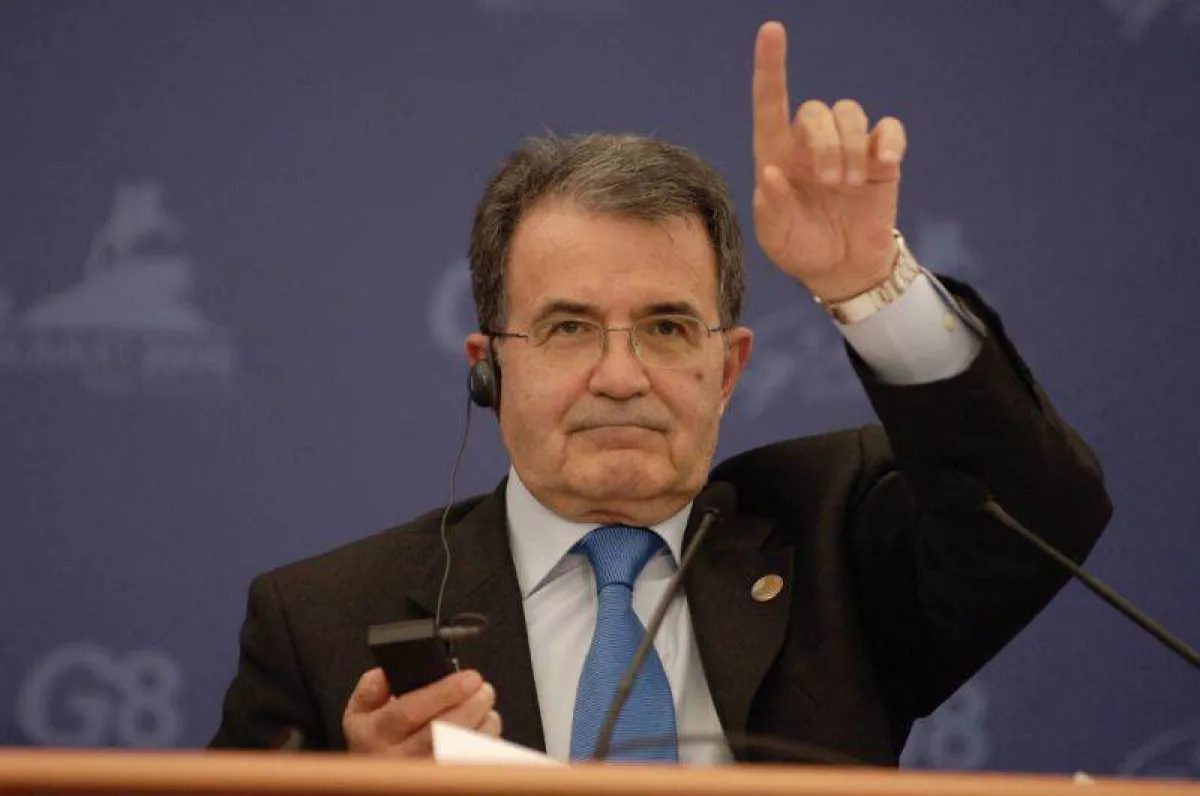
It was on the foundation of such ideas that initiatives like the European Neighbourhood Policy (ENP) were born. In 2002, Romano Prodi, then President of the European Commission, proposed the famous ENP formula-vision: neighbouring countries could share “everything with the Union but institutions,” while the EU itself should be ready to offer more than a partnership, but less than full membership. A similar philosophy underpinned the creation of the Union for the Mediterranean and the Eastern Partnership.
In other words, this is a familiar refrain concerning the EU’s main dilemmas in relations with neighbouring countries aspiring to join a united Europe. Given current international conditions, the stakes are higher, and some new nuances have emerged. Hence, this “song” now has a new verse in the form of ideas such as the “transitional period.” But the essence of the dilemmas remains fundamentally unchanged.
Geopolitical requirements—or geopolitical excuses
In reality, the enlargement dilemmas are increasingly wrapped in a geopolitical layer—and this is done by the EU itself, primarily the European Commission. Officials openly state that the inclusion of new member states, particularly in the east, should help strengthen the EU’s security and geopolitical position.
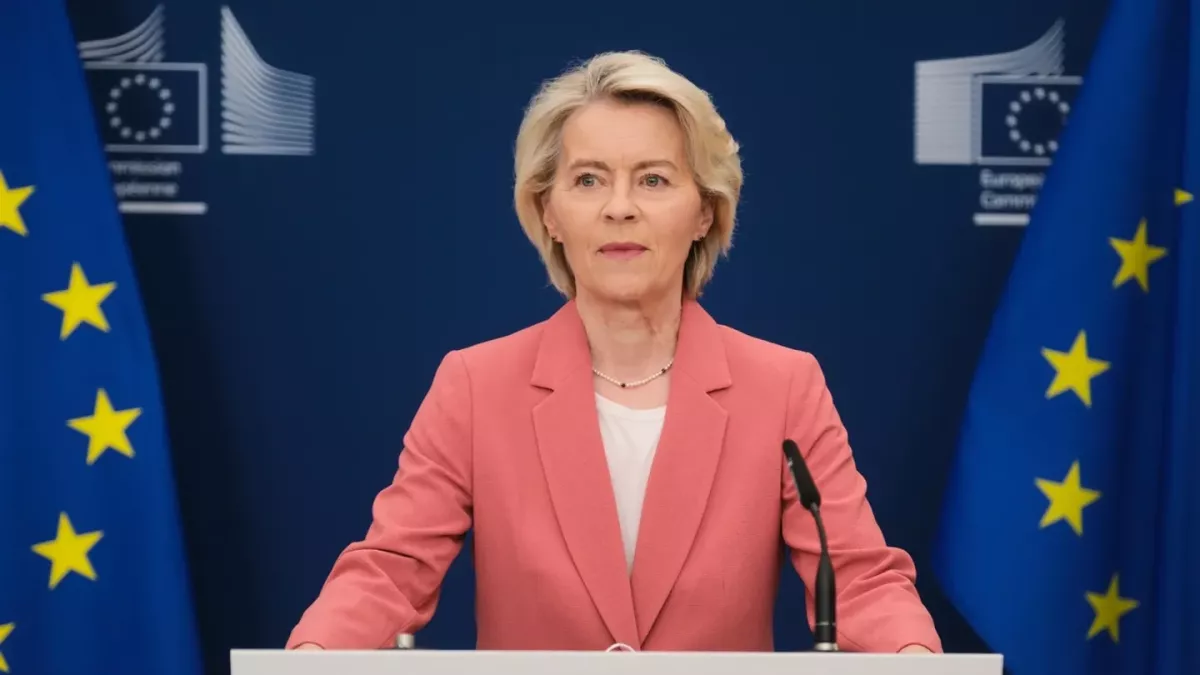
As European Commission President Ursula von der Leyen emphasises: “We are more committed than ever to turning EU enlargement into a reality. Because a larger Union means a stronger and more influential Europe on the global stage.”
Yet even this argument produces a curious and simultaneously revealingly cynical closed loop.
The active use of the geopolitical argument by the Commission to highlight the significance of enlargement, of course, gives candidate countries grounds to emphasise the same argument themselves—which they do. Countries like Ukraine and Moldova, in particular, insist on the fastest and least bureaucratic possible completion of all accession negotiations and procedures, citing geopolitical challenges to the EU from Russia. And they push this insistently, with considerable force and determination.
One might wonder what European officials and politicians are to do in a situation where they themselves have introduced the geopolitical argument, but at the same time understand that a large-scale geopolitical enlargement of the EU is simply not possible in the short- or even medium-term. Their only option is to agree with the argument. And indeed, they do agree—but they add an element that, on the same geopolitical grounds, denies candidate countries the right to unconditionally move quickly toward integration.
In an interview with The Financial Times, Marta Kos offered an elegant explanation for the purpose of the proposed transitional period (and other possible limitations) for hypothetical new EU members. According to her, this mechanism ensures that the EU does not admit “the Trojan horses who will be then active in five, 10 or 15 years.” It is easy to guess who the metaphor refers to. The explanation is, in a sense, quite neat.
Thus, geopolitics turns out to be a convenient realm of reasoning, where geopolitical requirements can easily be answered with geopolitical excuses. Not so long ago—just a decade ago—the very term “geopolitics” was practically taboo in Brussels.








